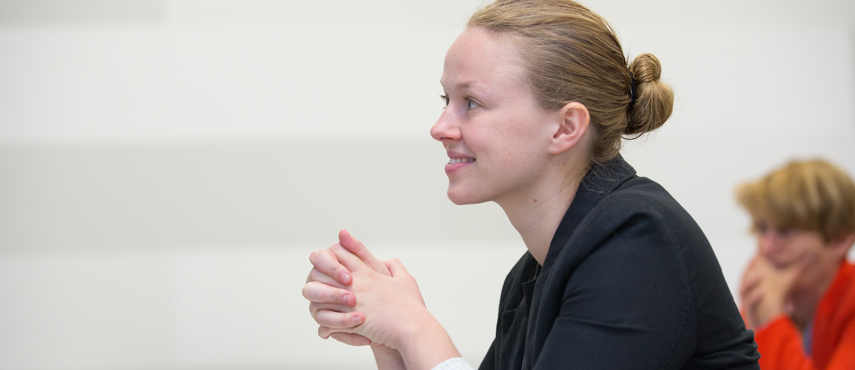
The Role of Panel Chairs and Discussants
How to be a Panel Chair
Rainbow Murray, experienced Section Chair, gives her advice on how to get the most out of chairing a Panel.
- There is no need to introduce yourself or anyone else at length, unless they are a special invited guest from outside academia. At most, say people’s names and institutional affiliations. Let them introduce their Papers themselves.
- Start the Panel on time wherever possible.
- Let the Paper presenters speak in the order of the programme unless they request differently – for technical reasons, for example.
- Allocate sufficient time to each Paper presenter, and be prepared to adjust presentation timings at the last moment in case a Presenter does not attend. You may then be able to allow slightly longer for each presentation.
- Keep each Paper presenter to time. This is the most important part of the role of Panel Chair. Allow the final third of the session for questions and divide the remaining time evenly between the number of panellists. If one person goes over, they are eating directly out of the time of the other panellists, and that isn’t fair. Give people a subtle warning when they are close to time (a raised eyebrow may suffice, otherwise passing them a piece of paper saying ‘2 minutes’ in big letters will do the trick). Pass them another note saying ‘please conclude’ or similar once they are out of time. If they don’t stop, you will need to be bold and ask them out loud to wrap up. Even if they are much more senior than you, it is your professional obligation as well as theirs to keep to time, and people will respect you more for being strict than being weak.
- Once all Papers have been given, take questions from the audience. If there are lots of questions, try to avoid asking any yourself, but try to think of some just in case the audience take a while to warm up (or go silent very quickly).
- If any of the audience goes off on a lengthy tangent, you may need to interrupt them to refocus the discussion.
- Make sure the session finishes on time. People want their cup of coffee/toilet break, etc and they can always continue the debate over coffee.
- Always end the session by inviting the audience to thank the presenters (round of applause).
If a panellist tells you they can't attend, email ECPR straight away so we can amend our online updates page.
How to be a Discussant
As a Discussant, you serve two different needs.
Your first and most important responsibility is to help the audience understand the Papers better. You should have read the Papers carefully, taken time to understand their contributions, strengths and weaknesses, and what the audience needs to know about them.
Your second responsibility is to the authors. What are your reactions to the Papers and why? What can the authors do to improve the Paper? Learning how to read other Papers with the critical eye of a good Discussant will help you write Papers that appeal to the profession.
- Summarise briefly the Paper’s main message and its contribution.
- Provide an assessment of the Paper: does it make its case convincingly?
- Suggest constructive ways to improve the Paper.
- Highlight the relevance of the Paper to academia and society.
- Stimulate conversation among the audience by posing questions for discussion.
